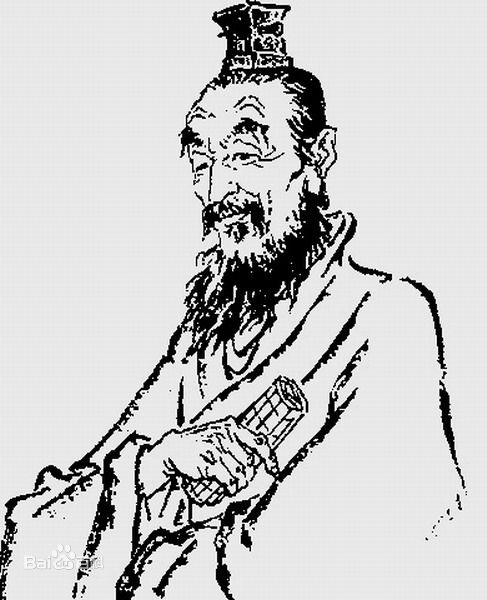Lü Buwei (died 235 B. C.,Szechwan Province,China) was a Chinese statesman,minister of the state of Qin,one of the small feudal kingdoms into which China was divided between 771 B. C. and 221 B. C..
吕不韦,公元前235年死于四川,政治家,秦国承相。秦国是公元前771年至221年中国的封建小国家之一,位于中国西北部。
Under Lü's clever management,the state of Qin,in northwest China, engulfed many of its neighbouring states,and by the end of Lü's ministry,China was well on the way to unification.
在吕不节的英明管理下,秦国吞并了很多邻国。在吕不韦统治的末期,中国已经走上统一之路。

Originally a merchant,Lü used his influence to have one of the princes of Qin declared the heir apparent to the throne.
最初吕不韦是个商人,他利用自己的影响使得秦国的一个公子成为王储。
And when the prince fell in love with one of Lü's concubines,Lü relinquished her, even though she was rumoured to be pregnant at the time.
后来这位公子爱上了吕不韦的一个小妾,于是吕不韦就把这个小妾送给了这位公子,尽管据传这名小妾已经怀上了吕不韦的孩子。
In return for these favours,the prince,when he became ruler of Qin,made Lü minister of state,a position he continued to hold after the ruler died and the concubine's son Cheng,or Ying,formally acceded to the throne in 246 B. C..
为了报答吕不韦,这位公子登上王位后让吕不韦当了丞相。公元前246年,国君去世后,吕不韦的小妾所生之子赢政正式登上王位,吕不韦仍然做着秦国的丞相。
Implicated in a revolt against the boy emperor in 238 B. C.,Lü was banished from the capital.
公元前238年,吕不韦涉嫌反叛年轻的秦王于是被驱逐出都。
Accused of involvement in a second plot, he was again banished,this time to the present-day central Province of Szechwan,where he is said to have ended his life by poison.
后来吕不韦又一次被控反叛秦王,于是再次被逐。这次吕不韦被流放到现在中国中部的四川省。据说,吕不韦在四川服毒自尽。
Calling himself Shi huang-ti (“First Sovereign Emperor"),Cheng completed the unification of China begun by Lü and founded the Qin Dynasty.
赢政自称始皇帝,完成了吕不韦开始的统一中国的大业建立了秦朝。
While serving as minister,Lü engaged a number of scholars to produce an encyclopedia of knowledge. The result was the first expertly arranged,full-length book,the famous Lü-shih Ch'un Ch'iu ("The Spring and Autumn Annals of Mr. Lü"),a compendium of folklore and pseudoscientific and Taoist writings.
在作丞相期间,吕不韦组织了许多学者编写一本百科全书,最后写成第一本体例完备的大型图书”,即《吕氏春秋》。《吕氏春秋》是一本民间传说、伪科学著述和道家著述的纲要。












